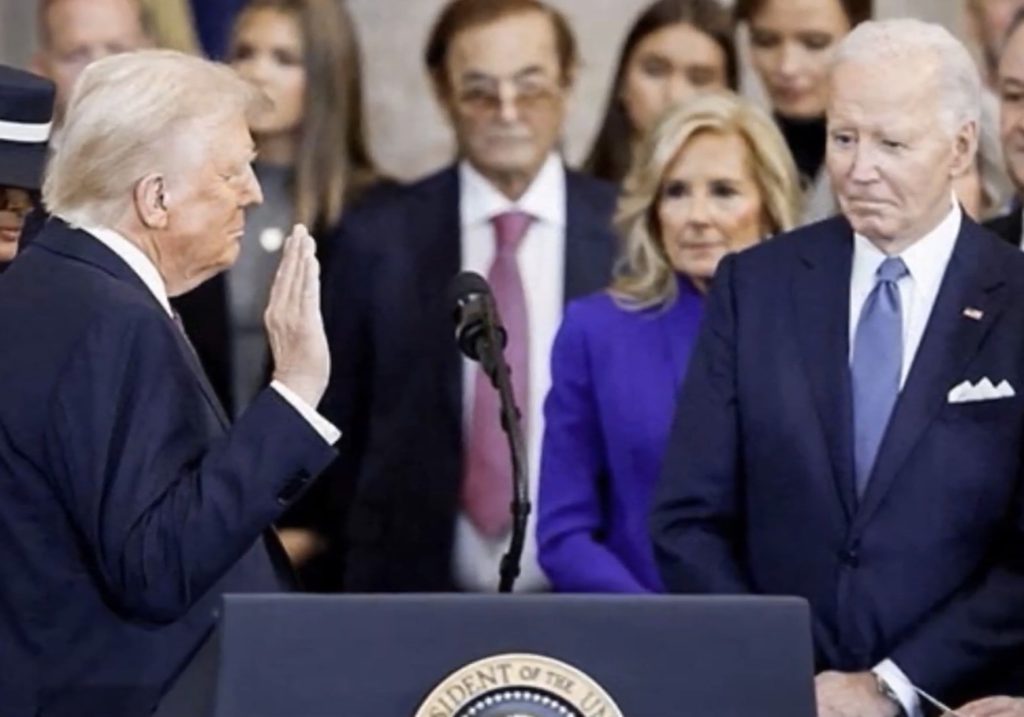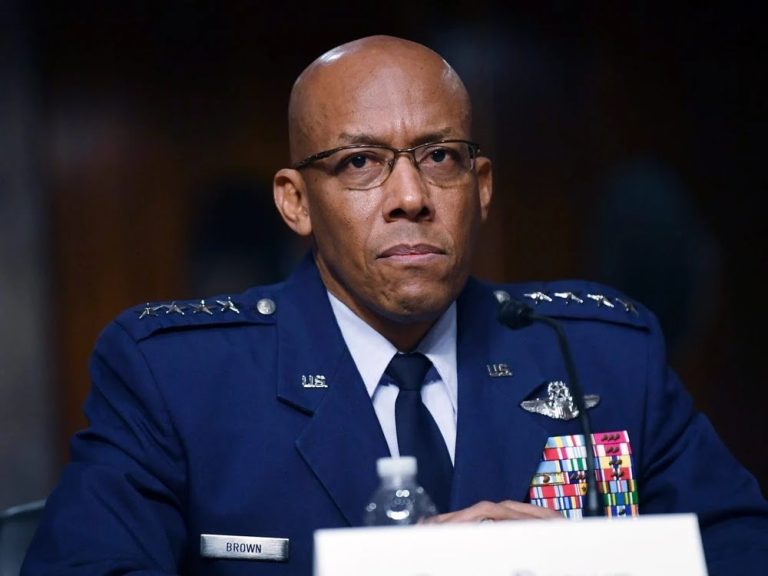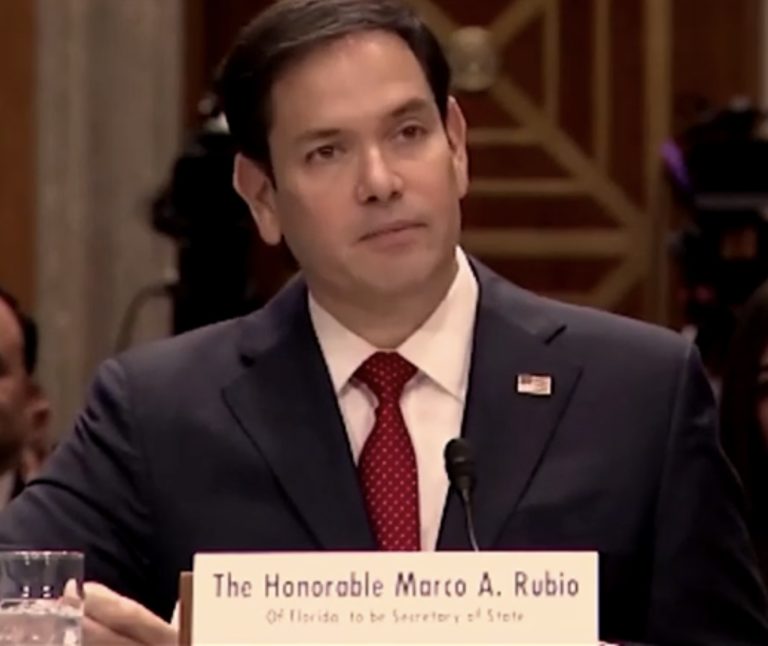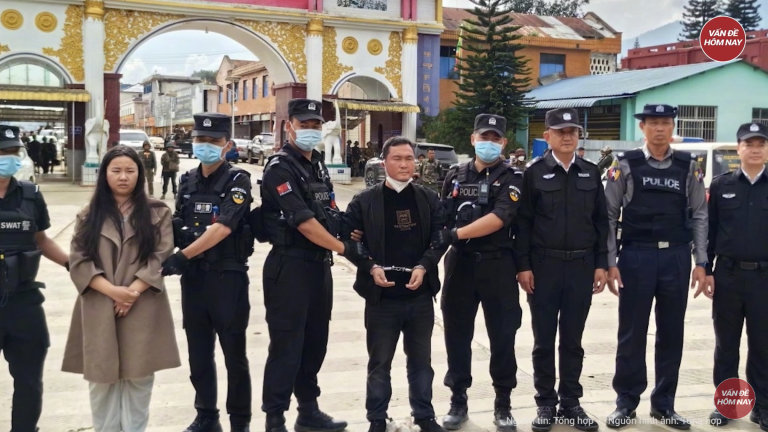The Story of Political Turmoil and Historic Turning Points in America
Last night, U.S. time, the Senate voted to confirm Peter Heet, a former military officer and Fox News host, as the U.S. Secretary of Defense.
This marks a significant victory for President Donald Trump’s new administration. According to CNN, the vote concluded with a 51-50 result, requiring Vice President Jiv to cast the decisive vote after the Republican Party secured only a narrow majority.
Mr.Peter Heet
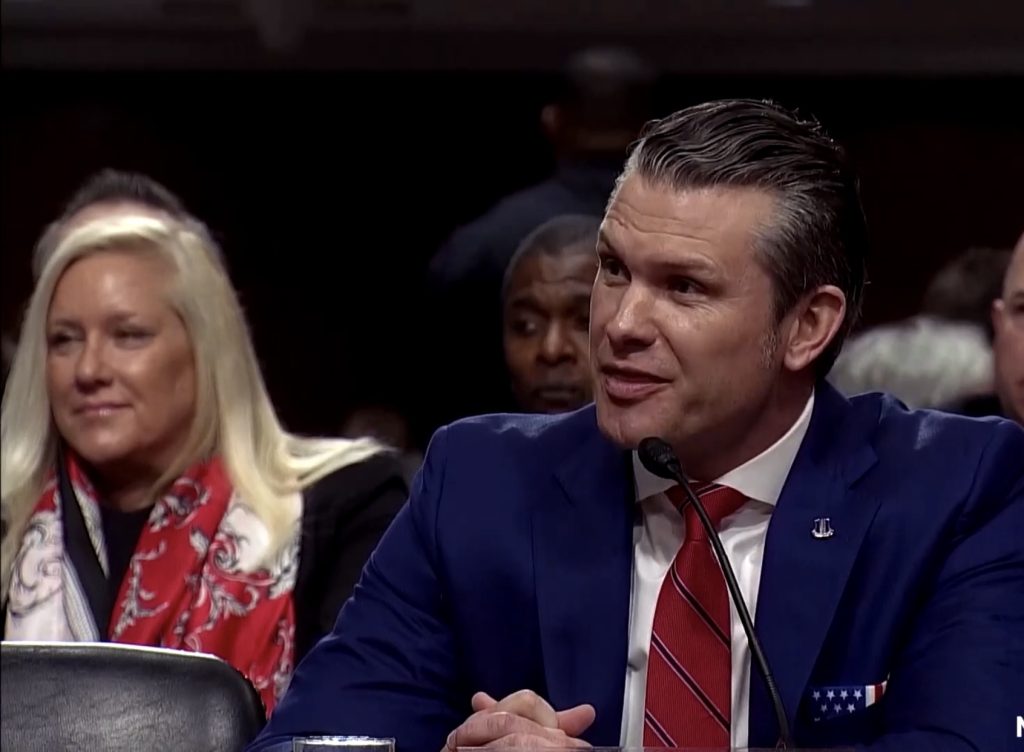
A Contentious Confirmation Process
The confirmation of Peter Heet was anything but smooth. He faced a wave of criticism from Democrats and even some members of his own party. Former Republican leader Mitch McConnell and two other Republican Senators sided with Democrats in opposing the nomination, citing Heet’s lack of experience and insufficient qualifications for such a critical position. Minority Leader Charles Schumer even labeled Heet as one of the “worst Cabinet nominees in modern history.”
Moreover, Heet was clouded by serious allegations, including sexual assault, alcohol abuse, and financial misconduct within veteran charities. Despite these controversies, Heet received unwavering support from President Trump, who was determined to appoint him to enact bold reforms at the Pentagon.
A Commitment to Reform
Immediately after his confirmation, Peter Heet pledged a comprehensive overhaul of the U.S. Department of Defense. He emphasized that the Pentagon operates in an overly “liberal” manner and needs a streamlined administrative structure. Heet also expressed his intention to reshape defense policies to align with Trump’s vision.
A Milestone for Trump’s Second Term Administration
In addition to the Secretary of Defense position, the Trump administration scored another major success when the Senate confirmed Marco Rubio as the U.S. Secretary of State with an overwhelming 99-0 vote. Rubio’s confirmation is a historic milestone, making him the first Latino to lead the State Department.

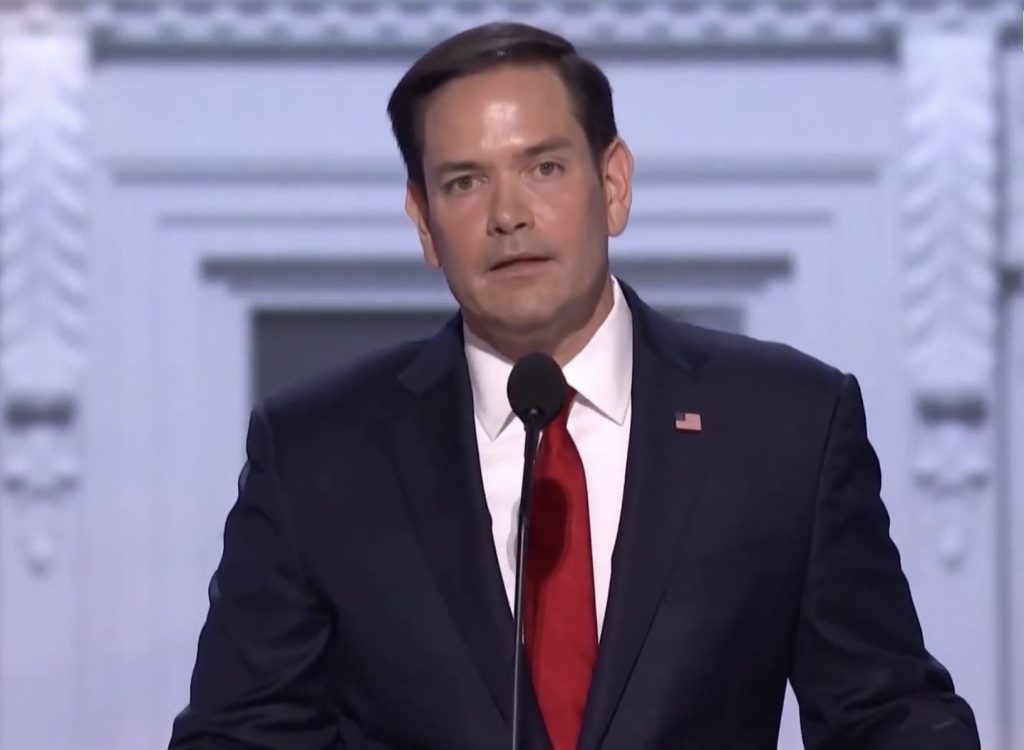
Marco Rubio Rubio pledged to advance strong foreign policies, reduce dependence on China, and seek peaceful resolutions to the Ukraine conflict. Notably, he called for concessions from both Ukraine and Russia to reach a common agreement and proposed decisive strategies to safeguard American interests.
hi
Trump’s Second Inauguration Ceremony
On January 20, President Donald Trump was sworn in for his second term in a ceremony marked by a strong display of personal authority. Unlike his predecessors, Trump broke traditional norms, delivering an inaugural speech that emphasized personal power and bold political vision rather than national unity.

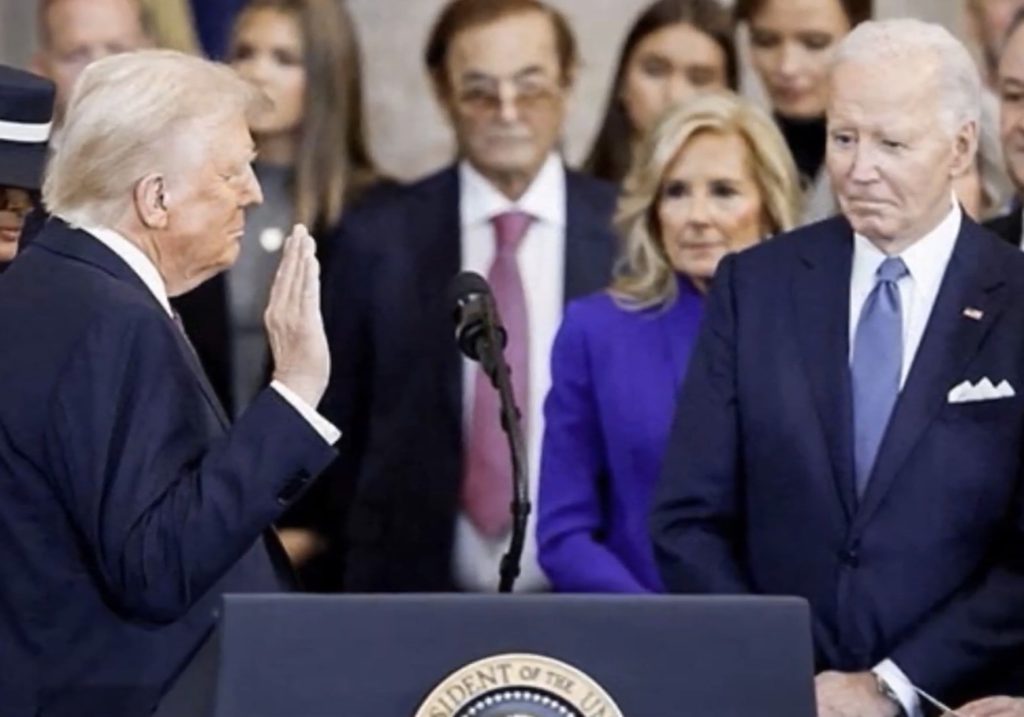
During his speech, Trump announced controversial policies, such as deploying troops to the southern border, rejecting climate change policies, and recognizing only two genders—male and female. He also demonstrated imperialist thinking by proposing to rename the Gulf of Mexico to the “Gulf of America” and expressed ambitions to conquer space, including planting the American flag on Mars.
Bold Political Declarations, Yet Traditional Rituals Remain Intact
Despite the bold political overtones, Trump’s inauguration ceremony retained traditional rituals. One of the most significant was the transfer of the President’s emergency briefcase, commonly known as the “nuclear football,” containing the codes required for launching nuclear strikes. Weighing over 20 kilograms, this briefcase symbolizes the ultimate authority over nuclear weapons.

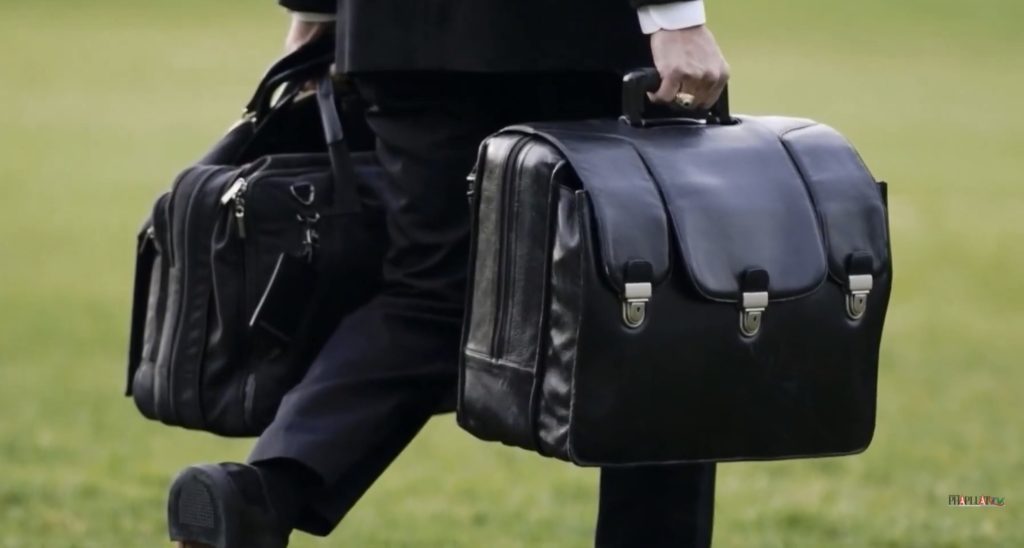
Notably, the handover of the nuclear football saw an important procedural change. At the moment of the President-elect’s swearing-in, the briefcase was transferred from the outgoing President’s senior military aide to the new President’s aide. This process ensured the seamless transfer of nuclear launch authority without any power gap, a critical safeguard during emergencies.

A Bold Start to a Challenging Term
Trump’s inauguration not only affirmed his personal authority but also marked the beginning of a bold and challenging term. With strong backing from the Republican Party, Trump gained the position to freely implement his policies and decisions without facing significant internal opposition.
The distinctiveness of Trump’s inauguration highlighted his ambitious vision and determination to transform America. The ceremony was not just a power transition event but a strong political declaration, emphasizing his resolve to enact substantial changes in U.S. history.

